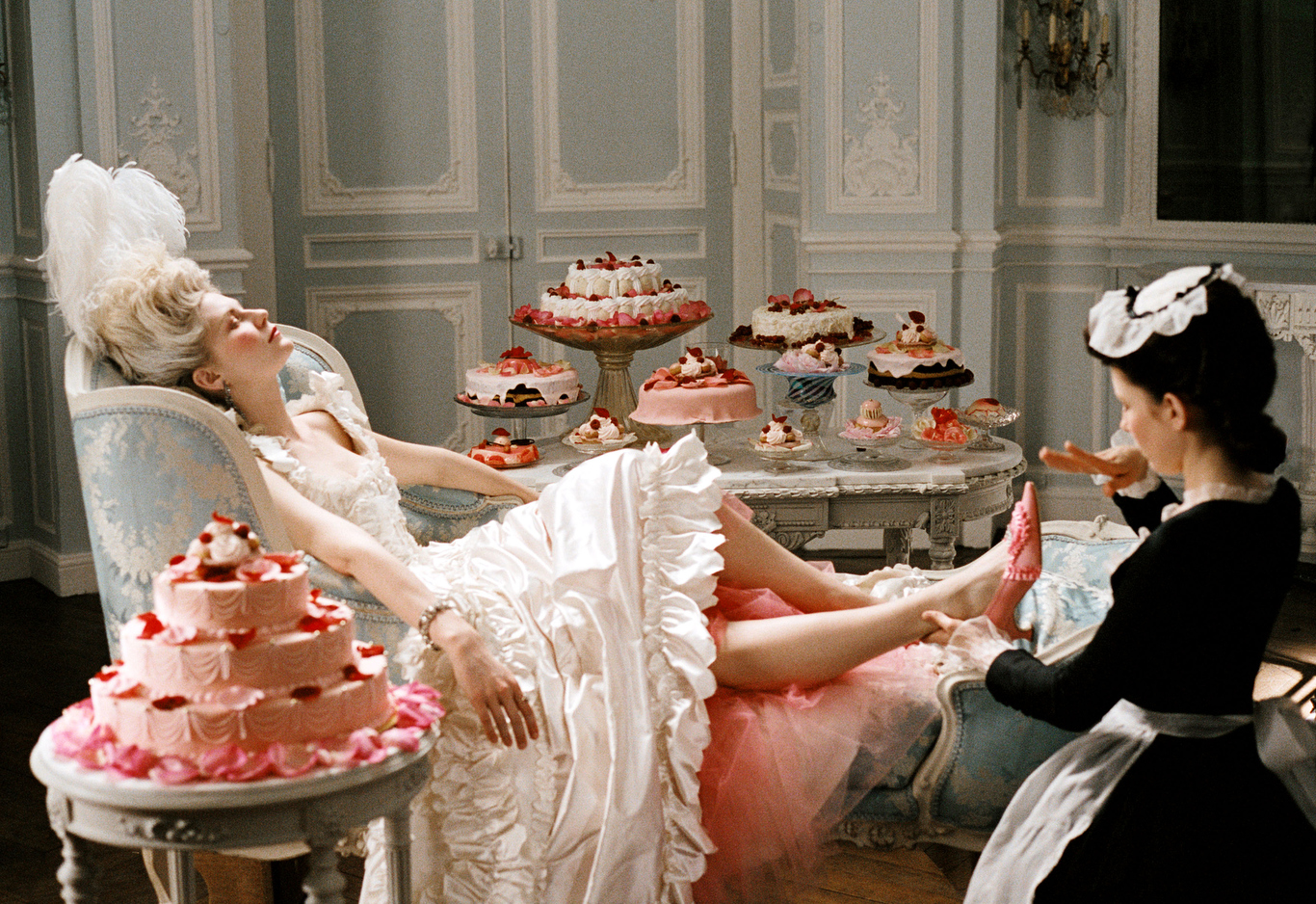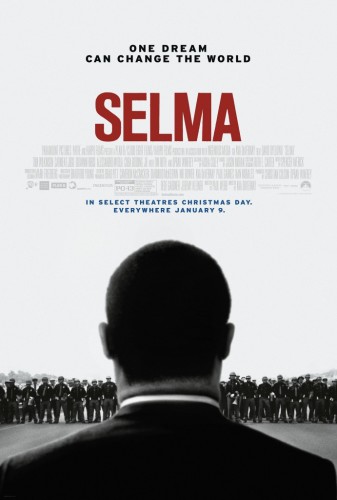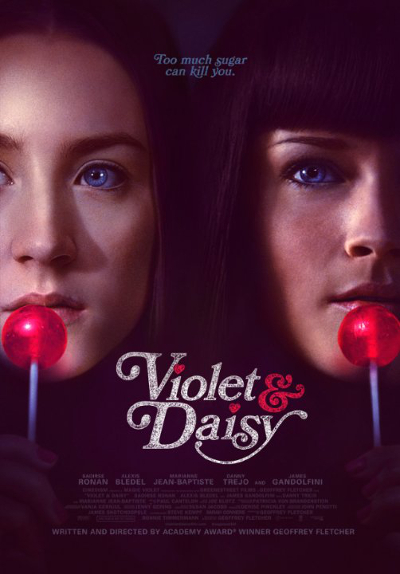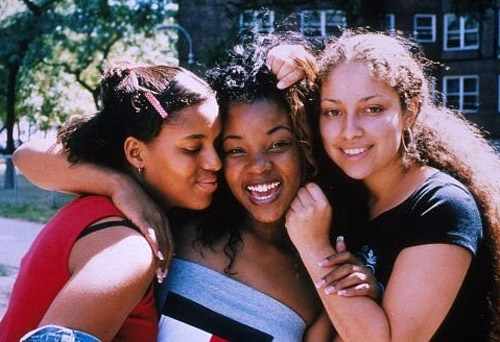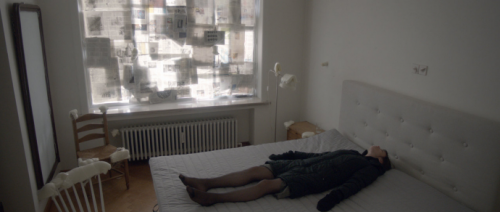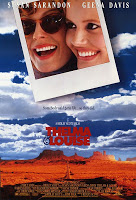And the main thing about ‘Violet & Daisy’ I couldn’t puzzle out is what we’re meant to make of the incessant and brutally unsubtle reminders of the title characters’ schoolgirl trappings: popping bubble gum while blasting machine guns, stopping to play hopscotch on the way to pick up ammo, sucking lollipops while chatting with their boss and sharing cookies and milk with their target, giggling while jumping on the bellies of their victims to see blood spew from their mouths. I get that there is a “shocking contrast” between these innocent activities and their professional murdering, but could Fletcher really think that was novel or interesting enough to warrant a whole movie?
And then I think: Oh god, is this a sex thing? This is probably a sex thing. Wait, that’s too gross. This can’t be a sex thing. But oh god, lollipops. Lollipops are always a sex thing.

